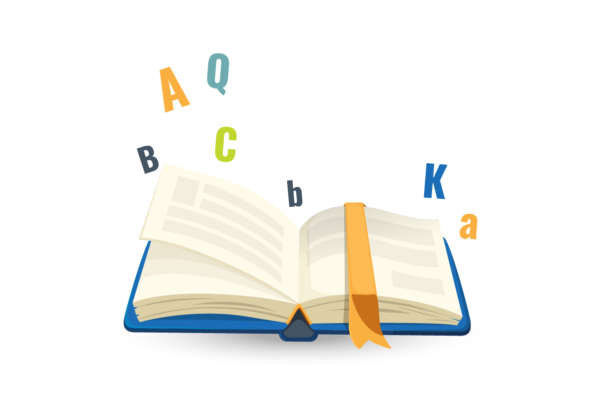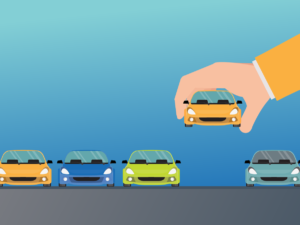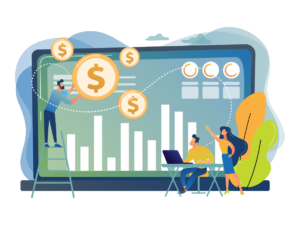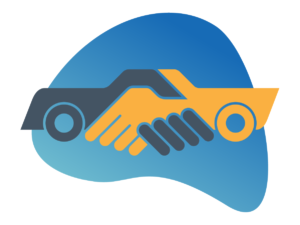Learn The Meanings Of Common Car Lease Terms
Car lease contracts are full of words and phrases that may not be familiar to you. Whether you are considering leasing a new car or buying your current leased vehicle, it is important that you understand the terms of your lease contract.
The following are words and phrases you may find in your lease agreement.
Car Leasing Phrases
Capitalized Cost – The capitalized cost is the value of your leased car at the beginning of your lease. Your lease payments will cover the difference between the capitalized cost of the leased vehicle and its residual value by the end of the lease. The capitalized cost may include other expenses like taxes and registration costs.
Capitalized Cost Reduction – A capitalized cost reduction is like a down payment on your lease vehicle. It is a payment that decreases the capitalized cost of your leased vehicle. Making this payment may lower your lease payments.
Lease inception costs – Lease inception costs refer to all the fees that you have to pay to get your leased vehicle. These costs include taxes, title fees, acquisition fees, security deposits, and others.
Trade-in credit – If you trade a car in when getting your leased vehicle, you can use the trade-in value of your car as a trade-in credit to reduce your down payment or monthly payments.
Money factor (sometimes “lease factor” or “factor”) – The money factor of a lease is similar to the interest a person would pay on a car loan. It is the finance charge you pay every month in your lease payments. Money factors are usually expressed in small decimal numbers, so to convert it to an interest rate (APR) you’ll have to multiply it times 2,400. Note, money factors are often not disclosed in lease agreements. Usually, you have to ask your lease issuer to learn the money factor on your car lease.
Residual value – The residual value of a leased car is how much the leasing company expects your leased car to be worth at the end of your lease, based on expected depreciation. In most leases, you have the option to buy your leased car for its residual value at the end of your lease, regardless of how much the car is actually worth on the open market at that time.
Car Lease Buyout Phrases
Early termination charge – If you end your lease early, you will likely have to pay an early termination charge. Some people wish to end a car lease early. However, to buy your lease vehicle before it reaches the end of its term, you will usually have to be in the last six months of your lease, and even then it may be wiser to wait until your lease reaches the end of its term.
Purchase option charge – In most leasing arrangements, you have the option to buy your leased vehicle for its residual value at the end of your lease. Usually, you will have to pay a purchase option charge of a few hundred dollars to exercise this option. However, you will likely face a number of fees if you return the vehicle as well. You should consider a number of factors when your lease comes to an end, such as the car’s market value or if it has excess mileage or damage.
Excess Mileage Adjustment – The excess mileage adjustment is the fee you will have to pay if you exceed your lease’s mileage limit. Leasing companies use expected mileage to calculate the residual value of a leased car at the end of a lease. Usually, they expected lessees to drive 12,000 or 15,000 miles per year. So, when you exceed your allotted mileage as specified in your lease agreement, you will owe your leasing company an additional fee, which in most agreements will equal $0.10 to $0.30 for every mile over the specified limit. However, you only pay this fee if you return your leased car at the end of your lease. If you purchase your leased vehicle, you do not have to pay a mileage fee.
Wear and tear charge (Vehicle Condition Adjustment) – If you return your vehicle to the leasing company at the end of your lease, they will inspect it to look for damage or excessive wear on the car. If the car is in an unacceptable condition, they will charge you a fee for the condition of the car. Your lease agreements likely outlines what sort of condition your leasing company expects the car to be in at the end of your lease. However, like the excess mileage adjustment, you do not have to pay any wear and tear charges if you purchase your vehicle.
Disposition fee – The vehicle disposition fee is the charge to return your leased vehicle at the end of your lease. Your leasing company charges this fee to cover the expenses it incurs to resell the vehicle. The disposition fee is usually non-negotiable at the beginning of the lease and will typically not increase or decrease during the lease period. One of the benefits of buying your leased vehicle is that you do not pay a disposition fee.
While this list of car lease terminology is not exhaustive, if you are aware of the phrases listed above, you will be in better shape when deciding whether to lease a car or buy your current leased vehicle.
